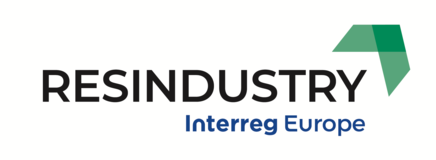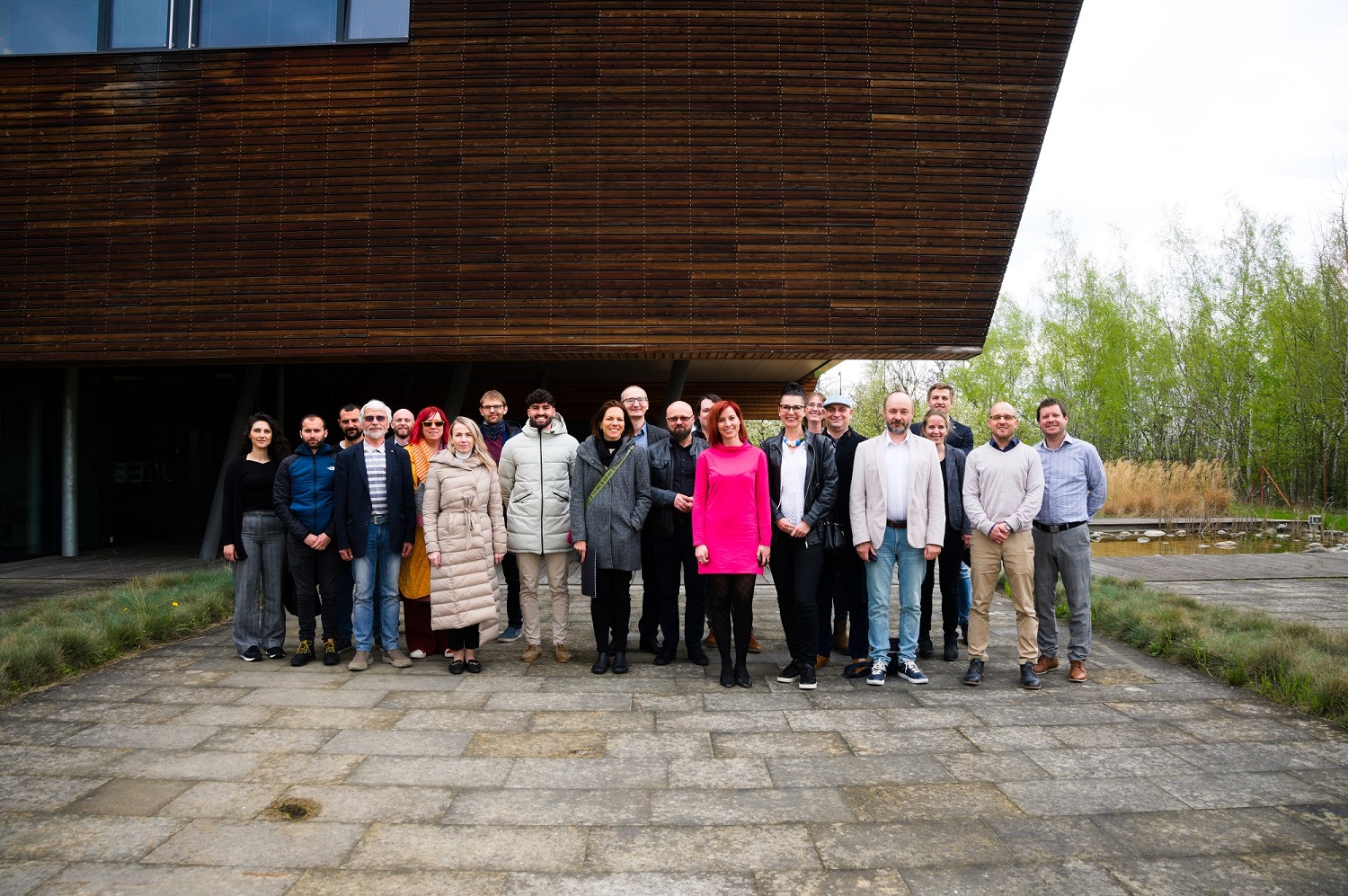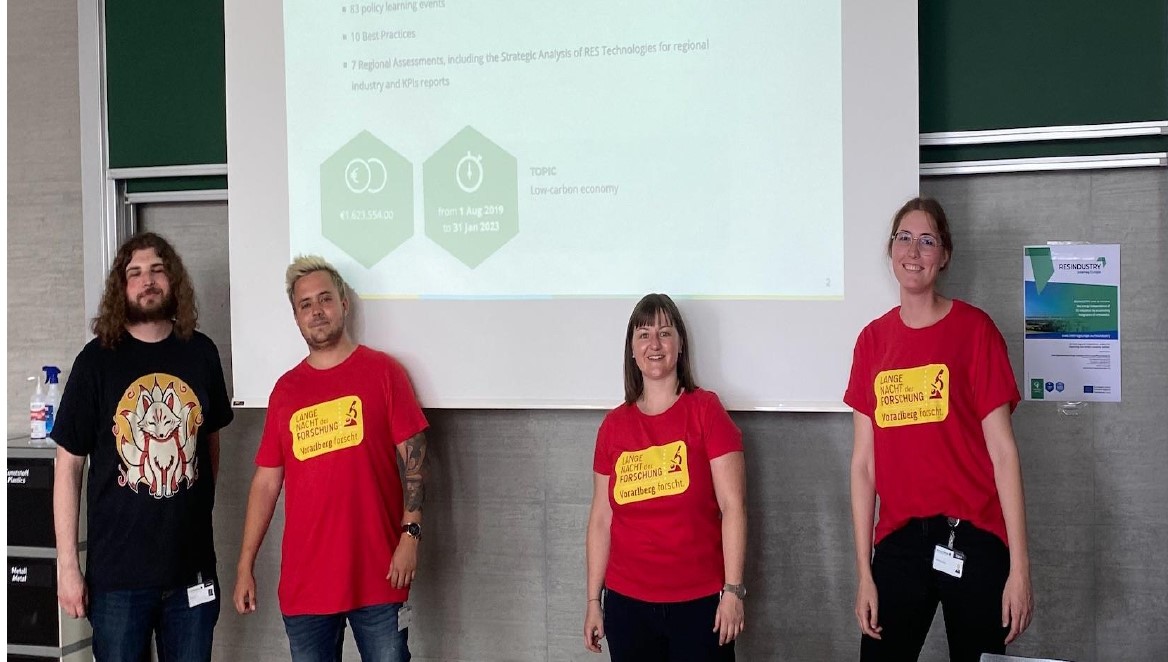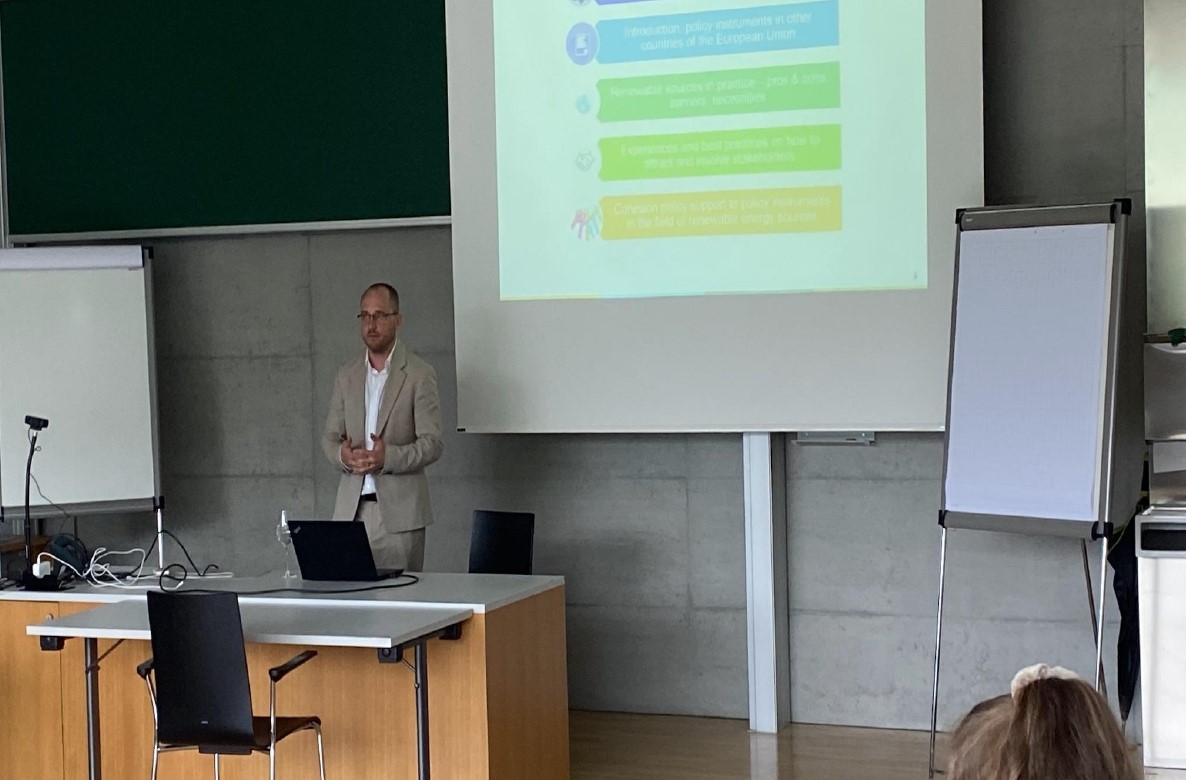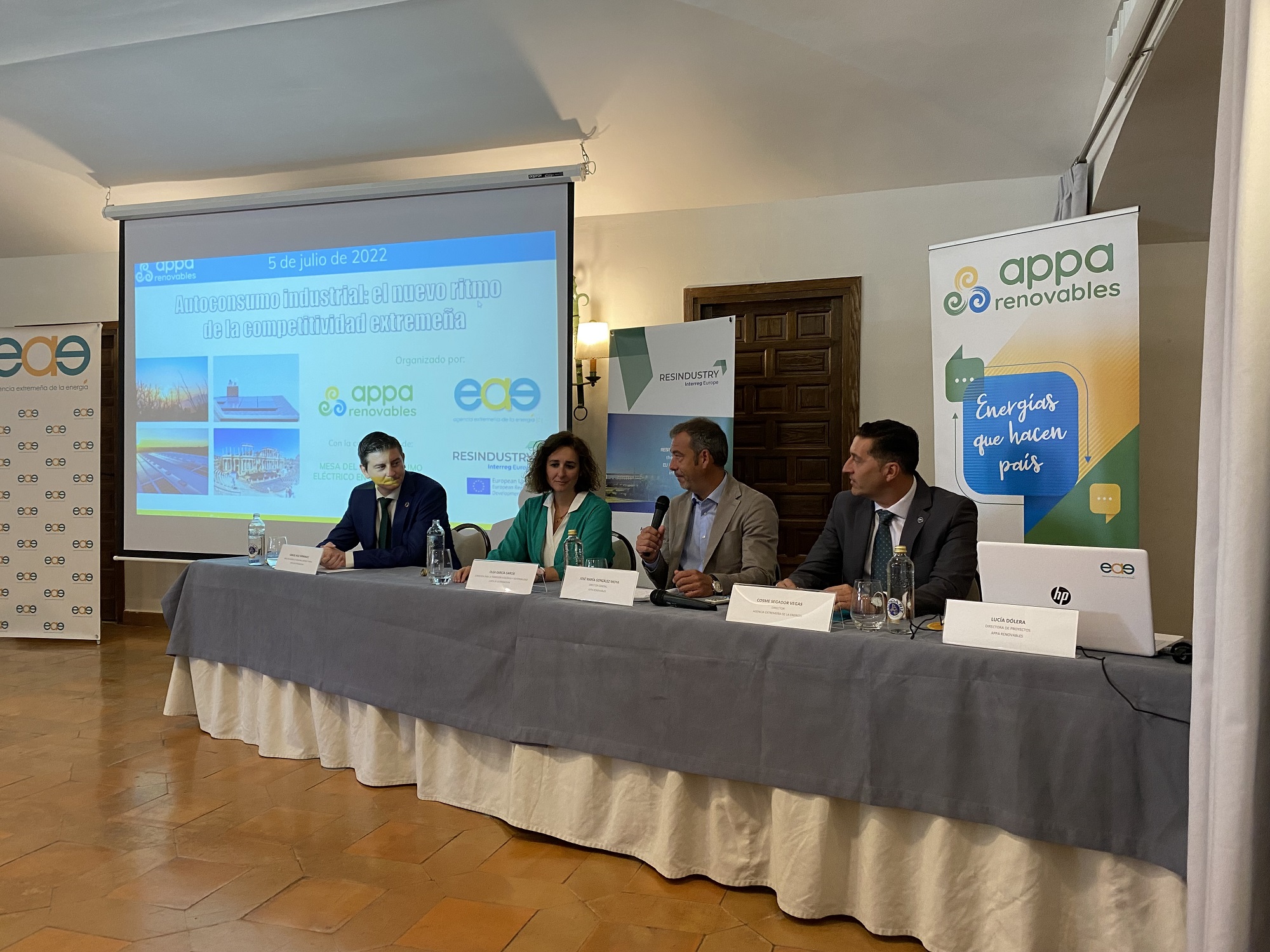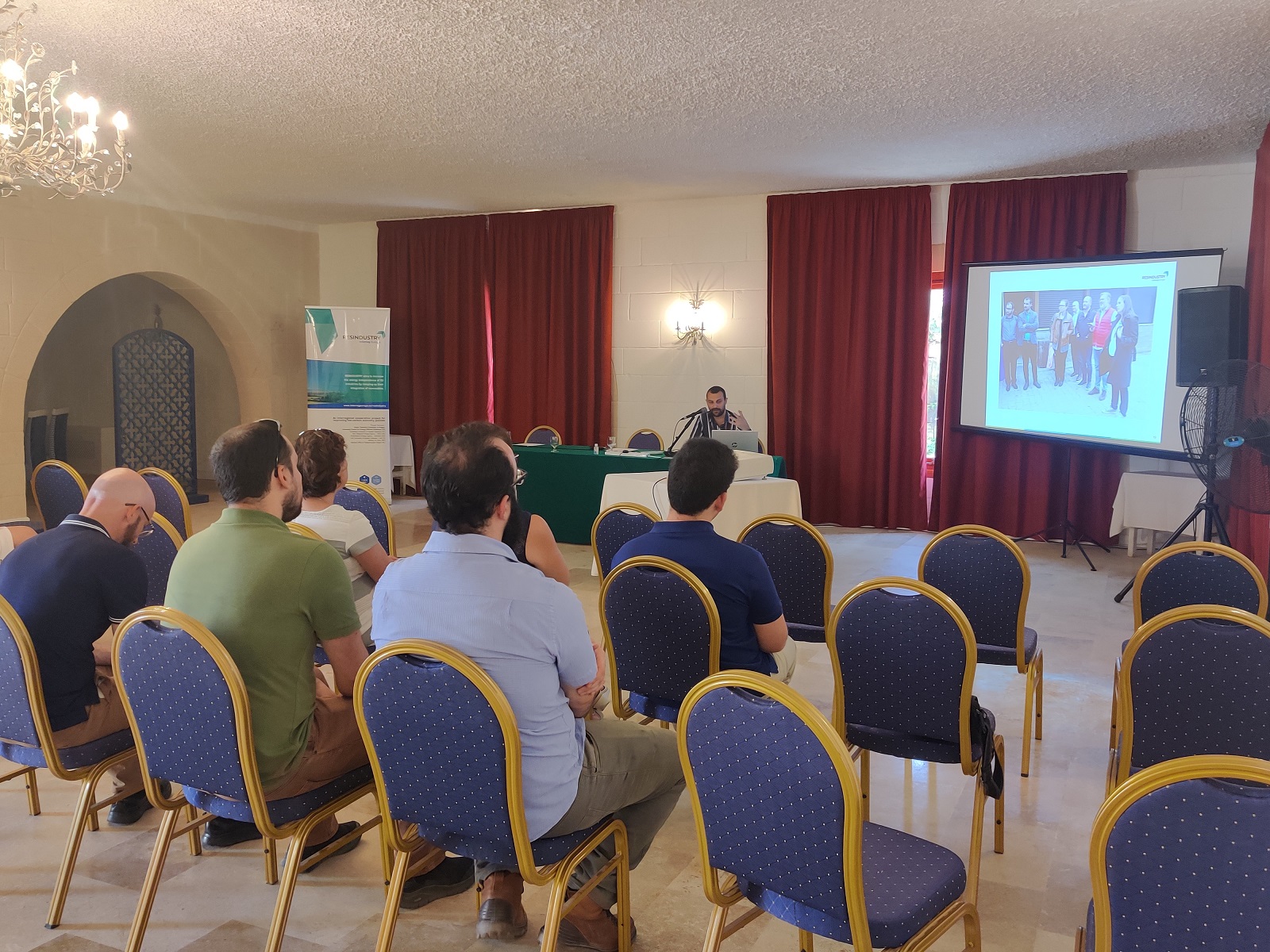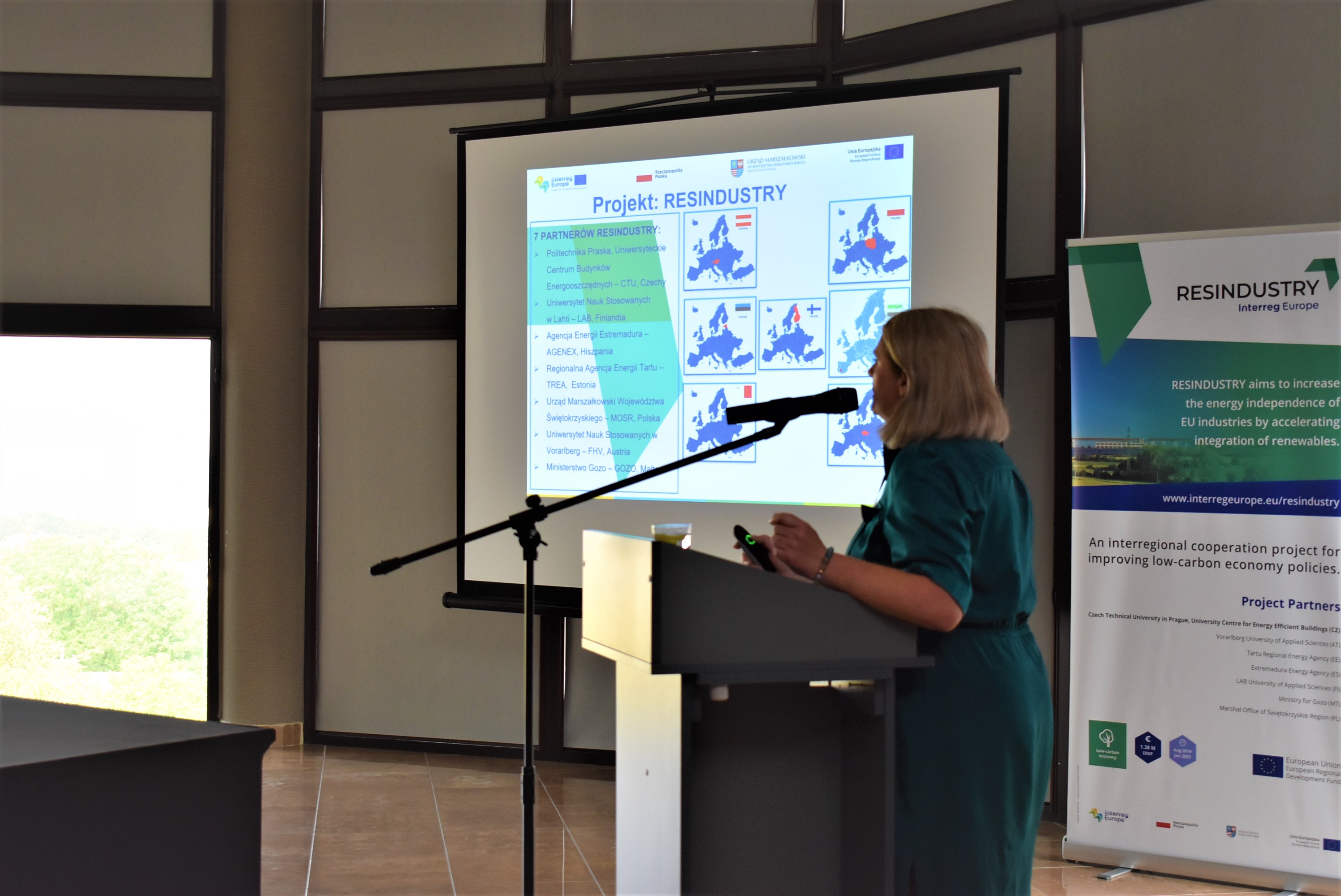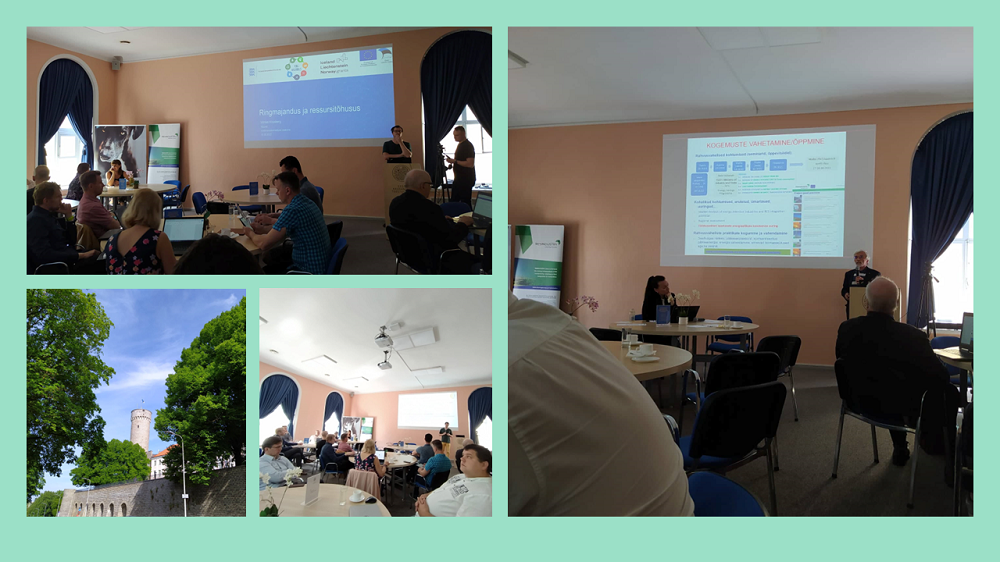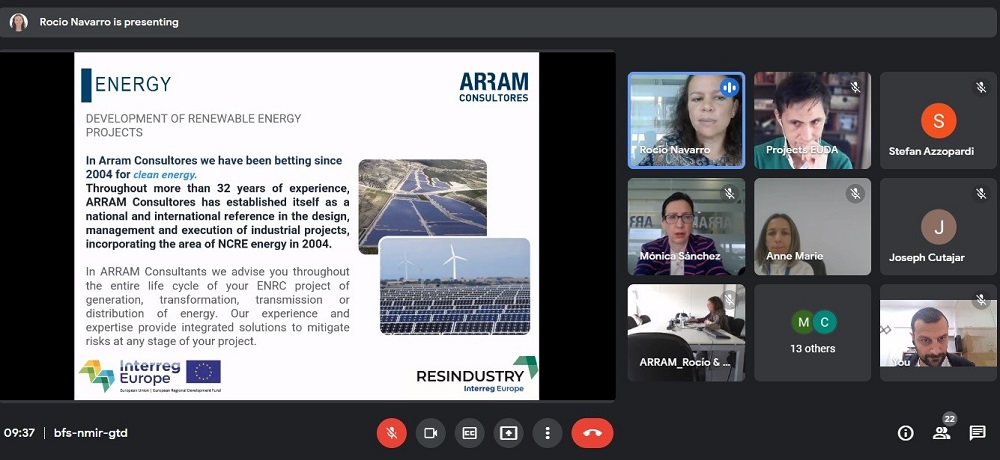On the 03 and 04 of March 2020, the Vorarlberg University of Applied Sciences hosted the second RESINDUSTRY meeting, which brought together project partners, local, regional and national stakeholders, influential in the field renewable energy sources (RES).
The event gathered participants covering all four helices - industry, governments, academia and citizens. The first day of the meeting started with FHV’s welcome ceremony and continued with the lead partner presentation on the actual status of the project. Stepanka Holeckova presented the current status of the project implementation, subsequently followed by discussions on communication management and the current on-line ranking of the project. Further discussions encompassed market analysis for the Czech Republic, as well as the common understanding of identifying best practices and measuring their contribution to RES, both locally and in the regional context of the project. Lastly, further activities were performed to introduce stakeholders to the local RES framework - challenges and opportunities that Vorarlberg government face in applying RES policies to the industrial sector. In this regard, stakeholders were informed on the background of the workshop and the study visit that took place on the second day of the meeting.
On the following day, on Wednesday 4th March, an Interregional Workshop took place, covering the circular economic aspect of RES policies implementation perceived through an international innovation ecosystem perspective, as well as Industry 4.0 RES frame of reference. In addition, both national and international partners and stakeholders learned about regional policy instruments applied in the industrial sector and implemented through Digital Factory Vorarlberg.
In this regard, the study visit focused on showing the physical area of the Digital Factory Vorarlberg, and representing how its performance supports and influences the implementation of RES in the region. With this inline, partners and stakeholders had the opportunity to increase the understanding on how various aspects of green digital transformation and digitization in the production of goods support renewable energy sources by the implementation of Industry 4.0 approaches – by increasing transparency in the energy system, providing demand flexibility and by increasing energy efficiency.
Source: FHV
